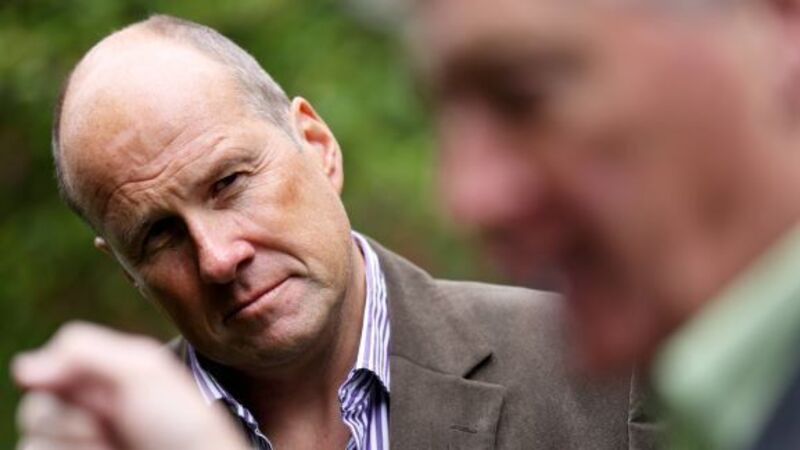Ivan Yates story highlights a "Hierarchy of Distress"

Yates has just returned from 16 months in the UK, as his bankruptcy was processed. He filed for bankruptcy on foot of a €3m-plus debt he owed to AIB, which was drawn down to expand his bookmaking business at the height of the bubble.
Having failed to reach an agreement with the bank on repayment of the money, he moved over to Wales and underwent the process there. This allowed for him to deal with the bankruptcy in a 12-month period, during which he was stripped of all his assets. The same process here would have dragged on for up to 12 years, effectively rendering him a chattel of the bank through most of his remaining productive years.
















